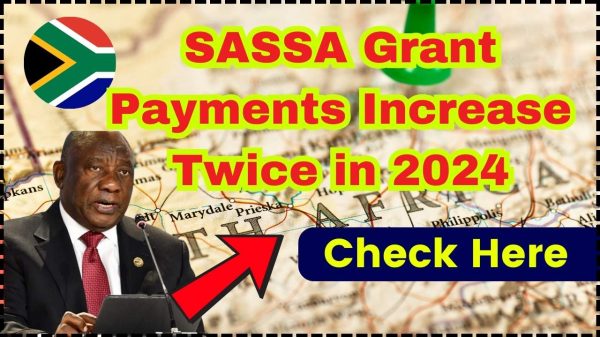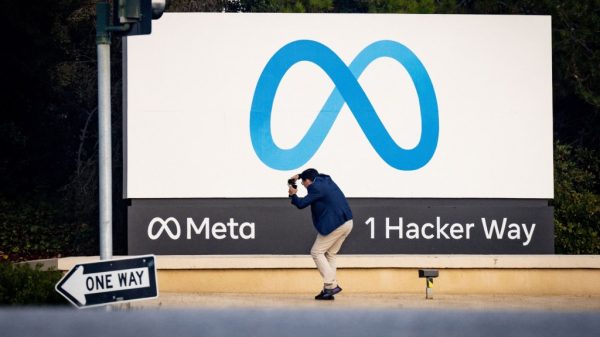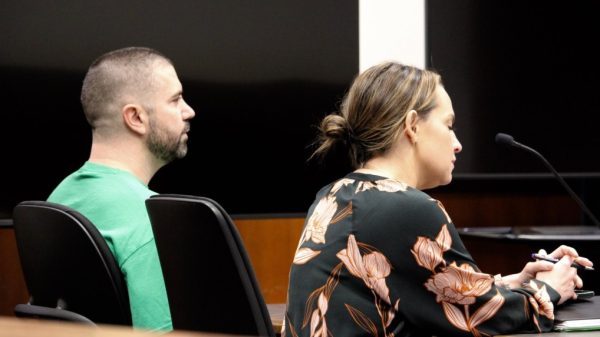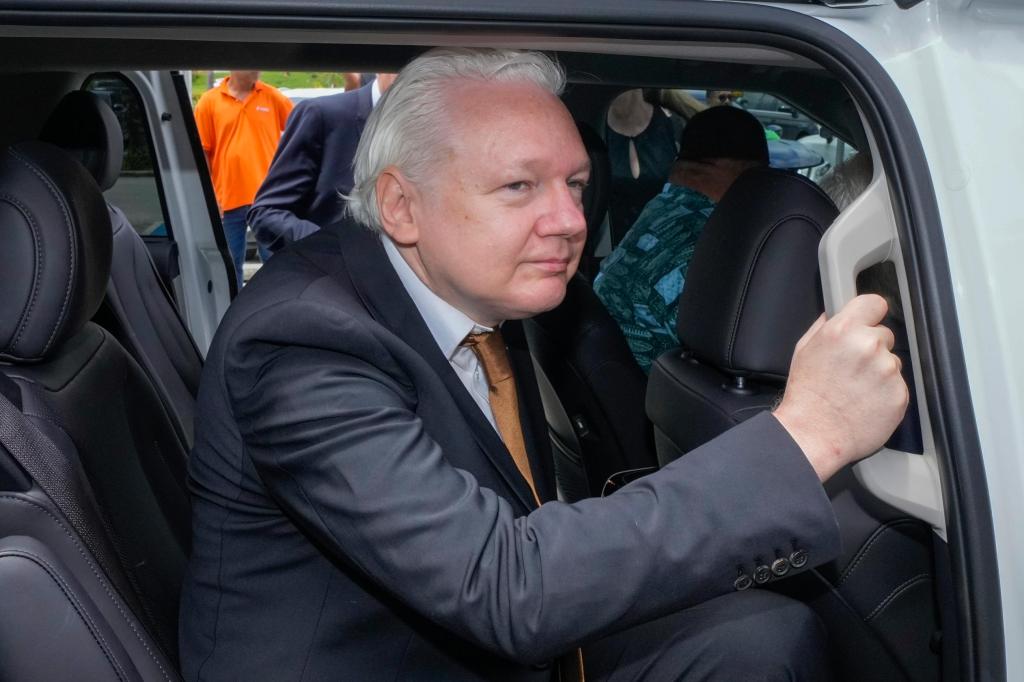
With Donald Trump set to return to the White House, there’s much speculation on how his second administration will affect press freedom. The short answer is that we don’t know, but prognosticators do have the benefit of an important dataset: his first term.
And, if that record is any indication, national security “leaks” to the press may be an area of tension between journalists and the new leadership at the Justice Department. If there is a chilling effect on sources coming forward with newsworthy information in the public interest, Americans will be less informed and the American government will be held less accountable.
Things have been quiet on that front for the last four years, but the first Trump administration inherited and expanded the Obama administration’s aggressive pursuit of sources who disclosed government secrets to the press.
And President-elect Trump has often decried national security leaks and called for aggressively investigating and prosecuting them.
It would be foolish for press advocates to discount the possibility of a repeat of his first term, and perhaps an escalation.
The Espionage Act
There are several federal laws that can be read to criminalize the public disclosure of national security secrets. The most prominent is the Espionage Act of 1917, a World War I-era law that was initially used against domestic opponents of the war but applies to the act of communicating, delivering or transmitting “information relating to the national defense,” a broad term, to anyone not entitled to receive it.
In other words, if someone were to anonymously slip a manila envelope under a reporter’s door with government secrets — even secrets that the public has a clear interest in knowing, such as the warrantless domestic wiretapping by the George W. Bush administration — the Justice Department has consistently claimed the authority to investigate and prosecute the source, as well as the journalist, under the Espionage Act. There is no “public interest” defense.
Historically, it hasn’t been used that way. For about 90 years, the Espionage Act was deployed against actual spies, not journalists’ sources. There are a few exceptions — most prominently the Pentagon Papers case, in which the government launched a failed prosecution against Daniel Ellsberg and Anthony Russo — but source cases are in the single digits. And, while there were investigations involving journalists, no reporter or news outlet was ultimately prosecuted under the Espionage Act in that period.
The reason is simple. When the reporting is in the public interest, taking the leaker or journalist to court would be a “political firestorm,” as a federal appeals court judge put it in one of those few exceptions, a 1980s case involving a leak of classified photographs.
But the Bush and Obama administrations marked a shift in practice.
Under President George W. Bush, the Justice Department brought the first Espionage Act case other than Russo against individuals outside government, who had not sworn to protect government secrets. The Bush administration also featured the Valerie Plame case, which started as a leak investigation, in which Judith Miller of the New York Times spent 85 days in jail for refusing to identify a confidential source from her reporting about the run-up to the Iraq war. And the Bush Justice Department issued a subpoena in 2008 to force the New York Times’ James Risen to identify his source in another leak case, which the Obama administration pursued until 2015.
Then the Obama administration started to bring Espionage Act prosecutions against journalists’ sources in earnest. Depending on how you count, his administration brought 10 such cases. That is more than all other presidents combined.
Trump’s first presidency
Trump’s first term followed that trend. The Justice Department brought eight cases against journalist sources, including two under bank secrecy laws, as well as the Julian Assange case. The Assange case is complicated, but he was charged in part under the novel and dangerous legal theory that publishing secrets is a crime.
These cases can involve secret government demands for reporters’ notes; phone, email and text records; and correspondence with sources. That kind of snooping can reveal the constellation of a journalist’s sources beyond just the investigation in question and can give the government visibility into other stories the newsroom is investigating, including stories about the government. As Miller said when facing jail time: “If journalists cannot be trusted to keep confidences, then journalists cannot function and there cannot be a free press.”
The Justice Department during Trump’s first term turbocharged Obama-era approaches. In addition to seizing years of records from reporter Ali Watkins’ phone and email providers, a Customs and Border Protection agent threatened to reveal private information unless she identified her sources. Watkins was a reporter at Politico at the time of the questioning and was at the New York Times when she learned of the records seizure.
Then, in the early days of the Biden administration, we learned that the Justice Department in the last days of the Trump administration had authorized demands for phone and email records for eight reporters at CNN, the New York Times and the Washington Post in three separate leak investigations. It did so without notifying those outlets in advance — to give them a chance to negotiate or challenge the demands — and the CNN and New York Times demands came with a gag order preventing newsroom lawyers from even alerting the reporters that they had been targeted.
The history of leak investigations under Presidents Bush, Obama and Trump shows that the threat to the free flow of information is bipartisan and spans administrations. President Biden’s term has been a notable exception, but a reprise may be coming.
Gabe Rottman is the policy director of the Reporters Committee for Freedom of the Press. ©2025 Los Angeles Times. Distributed by Tribune Content Agency.













































